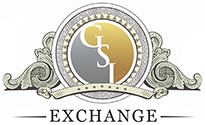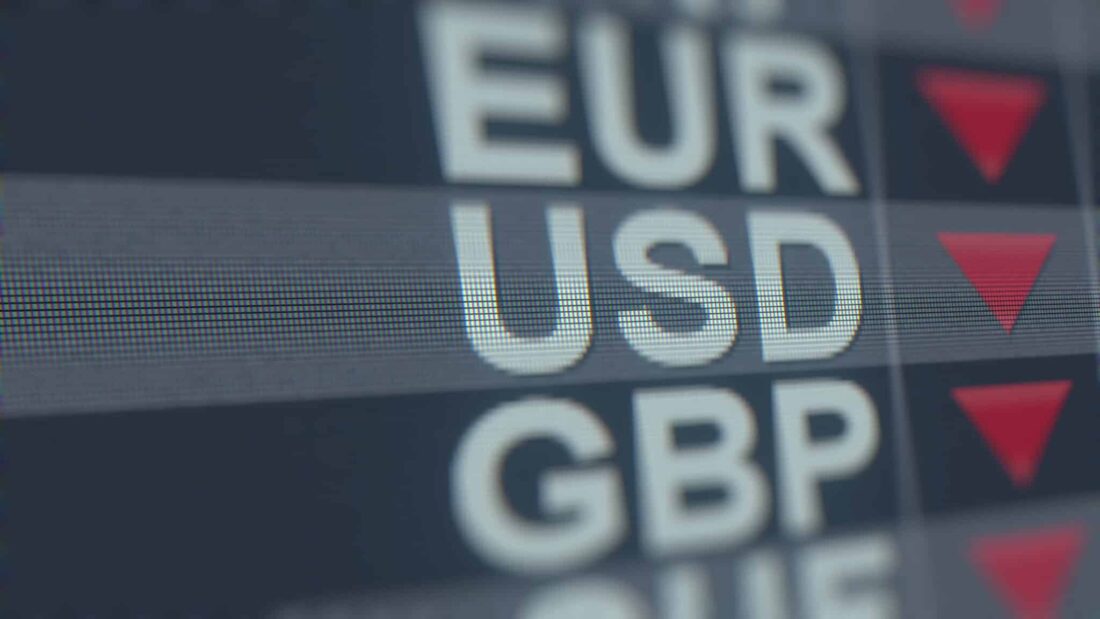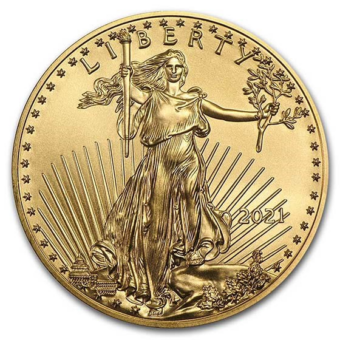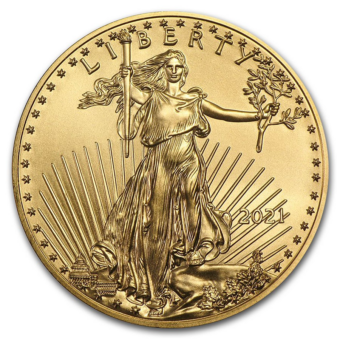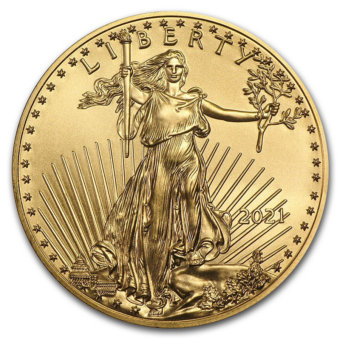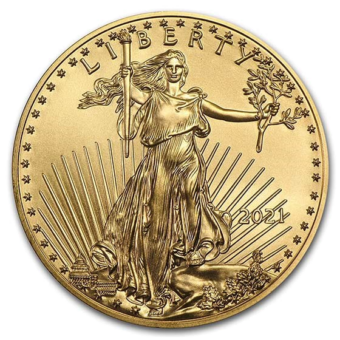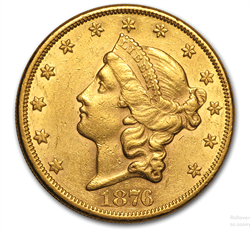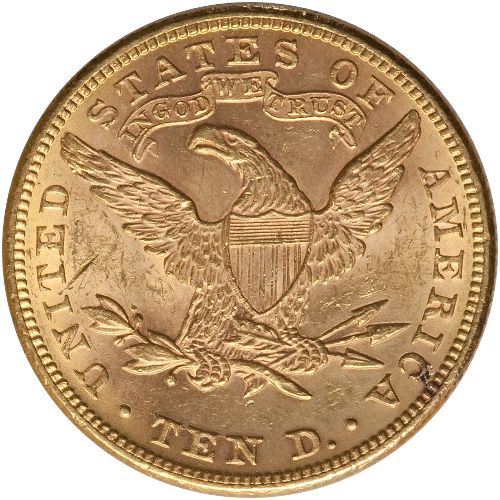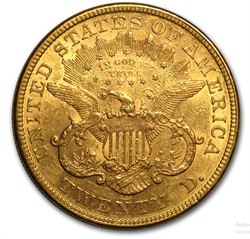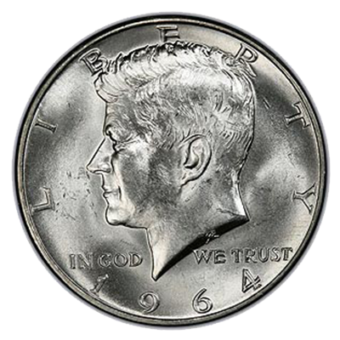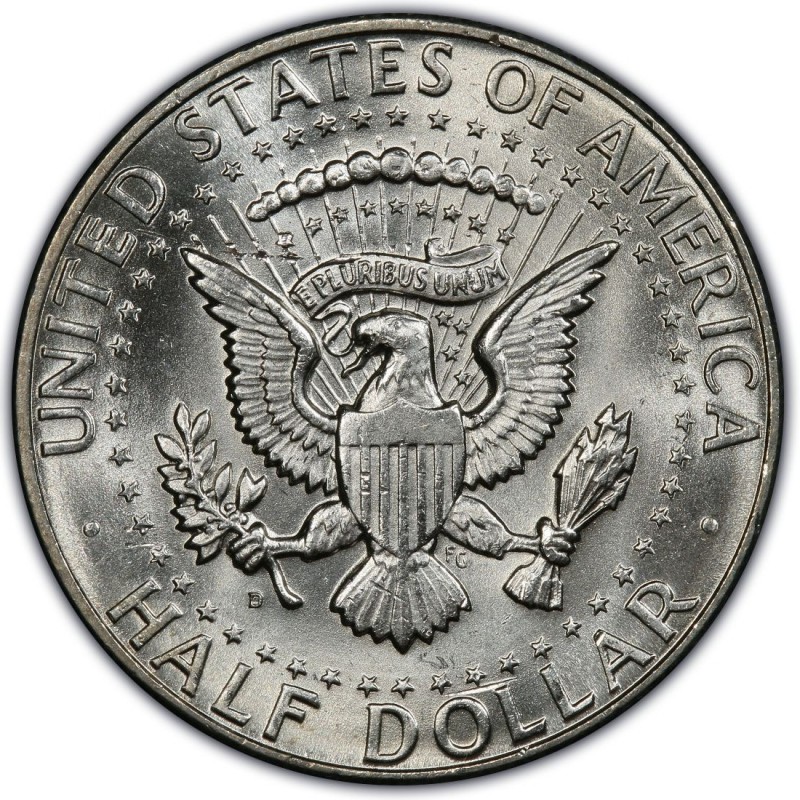According to April PCE Report, Inflation Flared Up
Inflation in the United States increased by 0.4% in April and rose by 4.7% compared to the previous year, according to the personal consumption expenditures (PCE) price index, a key measure monitored by the Federal Reserve. The April inflation rate exceeded expectations and may contribute to the possibility of interest rates remaining higher for a longer duration. Despite the elevated inflation rate, consumer spending remained strong, supported by a 0.8% increase in spending and a 0.4% rise in personal income. The report has raised speculation about the Fed's future actions, with market pricing indicating a 56% chance of another quarter percentage point interest rate hike at the June meeting.
Meanwhile, Gold Slips as US Inflation Measure Exceeds Expectations
Gold prices reacted negatively to the data release, with June Comex gold futures experiencing a decline and trading at $1,946.80 per ounce, though it recovered slightly to be up 0.16% on the day. The market's concern about inflation not decreasing quickly enough raises the possibility that the Federal Reserve may continue tightening its monetary policy. The increase in spending for services and goods, particularly in financial services, insurance, healthcare, and motor vehicles, contributed to the growth in personal consumption.
Debt Ceiling Negotiations Still At An Impasse
Ratings agency Fitch has put the United States' credit rating on watch for a possible downgrade, adding to the nervousness in global markets as negotiations regarding the country's debt ceiling come down to the wire. This move raises the stakes, as failure to raise the borrowing limit before the Treasury runs out of money could lead to a downgrade from Fitch's highest "AAA" rank. The potential downgrade could impact the pricing of trillions of dollars in Treasury debt securities, evoking memories of the 2011 downgrade by S&P that caused market turmoil. Investors remain cautious about risky assets, and the possibility of a U.S. government default is affecting global economic prospects. Treasury bills maturing around the impending "X-date" of June 1 have experienced selling pressure, resulting in higher yields. While the news is not entirely unexpected, it reflects the challenging state of the ongoing debt ceiling negotiations and raises concerns about the situation.
U.S. Corporate Profits Continue to Slump
The U.S. Bureau of Economic Analysis reports that corporate profits in the country have experienced a consecutive quarterly decline, with a 5.1% drop in the first quarter. Compared to the same period the previous year, profits are down 2.8%. Gross Domestic Income (GDI), which encompasses all income in the economy, also experienced a decline of 2.3% in the first quarter. However, the second estimate of first-quarter U.S. gross domestic product (GDP) was revised slightly higher to a 1.3% annualized pace, primarily due to stronger consumer spending. The disparity between GDP and GDI since the pandemic has further complicated the understanding of the U.S. economy. Despite the confusing data, the overall picture suggests that consumer spending remains robust, despite sluggish or negative income growth.
Dollar Dominance May Be Dwindling
The dominance of the US dollar in the global financial system is being reevaluated due to geopolitical tensions, such as those with China, Russia's war in Ukraine, and issues concerning the US debt ceiling. Despite the dollar's share of foreign exchange reserves reaching a 20-year low, its comprehensive role in global forex transactions and offshore debt makes transitioning to other currencies a complex task. While no single currency seems poised to replace the dollar, the future might see the rise of multiple currencies in a multipolar world. However, the robust US Treasury market remains a key factor buttressing the dollar's status, suggesting its position as a leading global currency is still secure for now.
JPMorgan Suggests Shifting from Equities to Cash and Gold Amid Market Risks
In response to rising market risks, including the potential US debt ceiling crisis, recession outlook, and a hawkish stance by the Federal Reserve, JPMorgan is advising a reduction in risk-on assets, namely equities. Led by Chief Global Market Strategist Marko Kolanovic, the bank recommends increasing cash holdings by 2% and reallocating from energy to gold, capitalizing on gold's role as a safe haven and hedge against debt uncertainty. Kolanovic also points out a persistent divergence between market expectations for Federal Reserve rate cuts and the Fed's more hawkish rhetoric, which he believes will be resolved to the detriment of equities. As such, the bank has repeatedly reduced its model equity allocation over the past few months.
